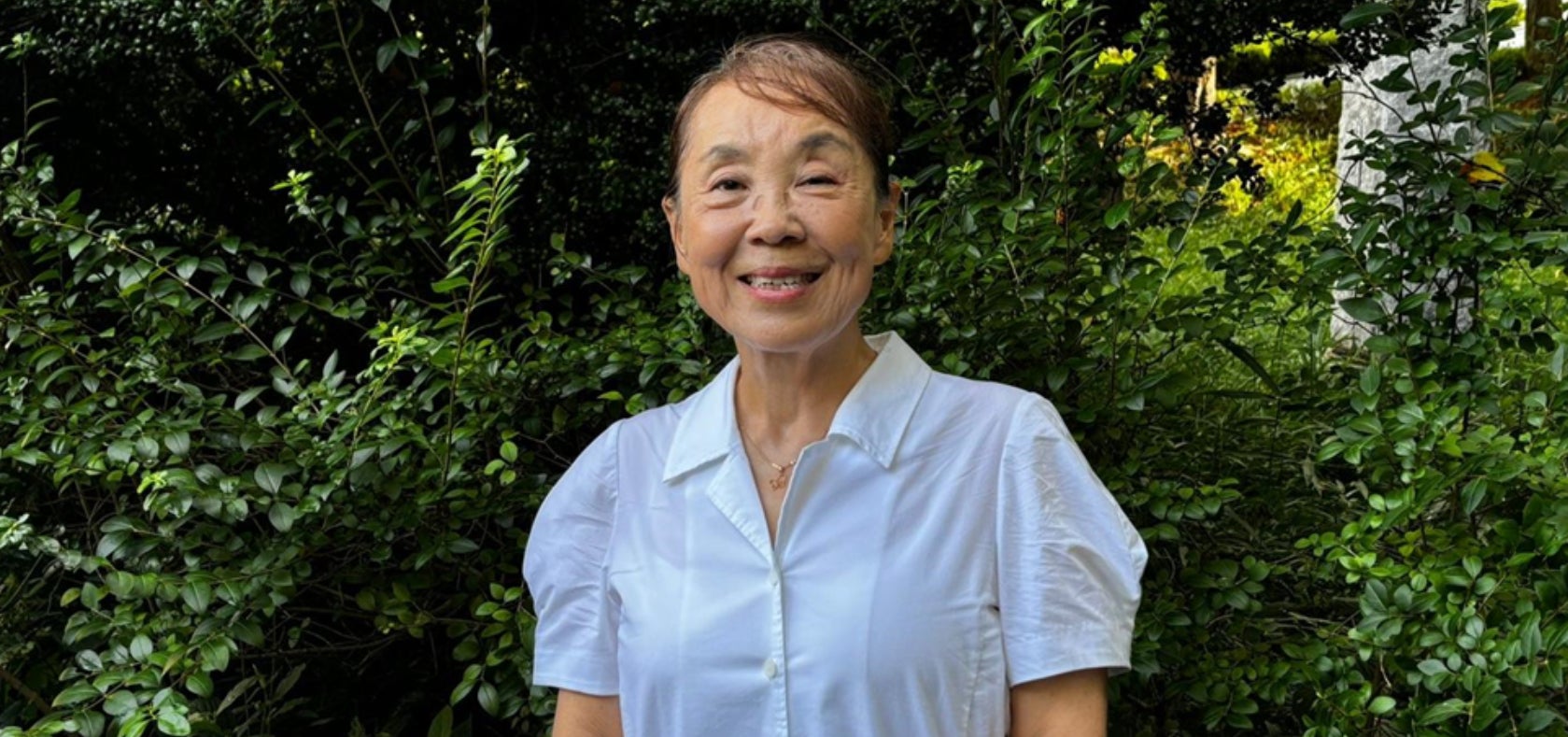Take Five Republic of Korea: “Investing in women can yield highly effective outcomes”
Date:

Dr. Lee Sang Duk is a Professor at Woosong University and was the former Secretary-General of the Korea Women’s NGO Committee in preparing for the 1995 Fourth World Conference on Women in Beijing. In the 1980s, she participated in various organizations of the women’s empowerment movement in South Korea such as the Youth League of the Korean League of Women Voters, the Korean Women’s Hotline and The Women’s News. In 1989, she served as an aide to the late National Assembly member Park Young-sook in the Republic of Korea’s 13th National Assembly , assisting in legislative activities such as the revision of family and childcare laws. In 1994, after joining the 'East Asian Women's Forum', she returned to women's movement activities and was appointed the standing Vice President of the Korean Women’s Hotline.. During the administration of President Kim Dae-jung beginning in 1998, Dr. Lee was appointed the Coordination Officer for the Special Committee on Women, overseeing private organizations as well as international cooperation,and worked for the Women’s Development Fund. She served in the formulation of key women’s policies during President Kim Dae-jung's administration beginning in 1998, as the Policy Coordination Officer, Director of the Discrimination Improvement Division at the Ministry of Gender Equality and Family, as well as the Women's Policy Secretary for the Presidential Secretariat.
What motivated you to become involved in the women’s movement in South Korea, and can you describe the preparations for the 1995 Fourth World Conference on Women in Beijing?
My motivation stemmed from witnessing firsthand the need for systemic change to support and empower women in Korean society. At that time, the Ministry of Political Affairs was established as the national vehicle for the advancement of women in South Korea, and the United Nations Development Programme (UNDP) Seoul was the country's national office. These two organizations agreed to support the systematic preparatory activities of NGOs to make the 1995 Fourth World Conference on Women in Beijing a catalyst for the advancement and empowerment of women in Korean society. This led to the formation of the Korean Women's NGO Committee, comprising 97 organizations. A tripartite agreement was signed between the Government of South Korea, the UNDP, and the Korean Women's NGO Committee to financially support these activities.
What was the significance of the Korea Women's NGO Committee's participation in the conference, and how did it impact women’s policies in Korea?
The Korean Women's NGO Committee commenced preparations for the conference by disseminating information through forums, seminars, and workshops, all supporting the formulation of sectoral issues and strategies. The participation of South Korea’s First Lady as the honorary head of the government delegation generated significant interest – not only from domestic media but also from local communities. The inclusion of three officials from the Korean Women's NGO Committee among the 36 members of the Korean government delegation indicated a strong commitment to incorporating grassroots voices from various social sectors.
In October 1995, one month after the conference, the Presidential Advisory Council on Globalization announced "10 Agendas for the Advancement of Women's Social Participation." This was made possible due to heightened interest in women's issues in Korean society during the preparation for and participation in the Fourth World Conference on Women. The enactment of the Basic Act for the Advancement of Women in December 1995 provided the legal basis for the systematic promotion of women's policies, initiating gender mainstreaming in earnest.
What lessons were learned about the effectiveness of gender financing?
First, empirical evidence shows that investing in gender issues (gender financing) can yield highly effective outcomes relative to inputs. A government investment of $102,000 in 1994 resulted in elevating gender issues to the forefront of the agenda in South Korean society. Second, gender financing can be highly effective when it invests in people, especially NGOs. By bringing women from diverse backgrounds together to plan and implement preparatory activities through their own actions,, women´s capacity and cohesion were strengthened. Third, this investment was a successful example of what can be achieved when governments, civil society, and UN agencies collaborate in a concerted effort. Lastly, preparing for international conferences and supporting direct participation by stakeholders proved to be a conduit for linking normative frameworks for women from the international community to domestic policies and programs.
Can you share specific examples of the Korea Women's NGO Committee's on-site activities during the conference?
We organized cultural exchange events, particularly 'Korea Day' , which was an opportunity to promote traditional Korean arts. This included performances such as the Salpuri (Exorcism Dance), the Ganggangsullae (Circle Dance), and the Ssitgimgut (Purification Ritual), which was especially dedicated to the commemoration of those victims forced to serve as Japanese “comfort women.”
The Korean Council for the Women Drafted for Military Sexual Slavery by Japan was the first organization to publicize and raise the issue of Korea's military comfort women to the international community. Additionally, Kim Mi-yeon, Vice-Chairperson of the UN Committee on the Rights of Persons with Disabilities, was part of the Korean delegation of persons with disabilities, highlighting our commitment to inclusive participation.
How do you see the future of gender equality in Korea, and what steps should be taken to continue the progress made?
Investing in women can help achieve successful outcomes through empowerment, solidarity, and increased social attention. The status of women has improved considerably over the last 30 years, but as in all countries, we still need to make concerted efforts and take action to achieve gender equality.